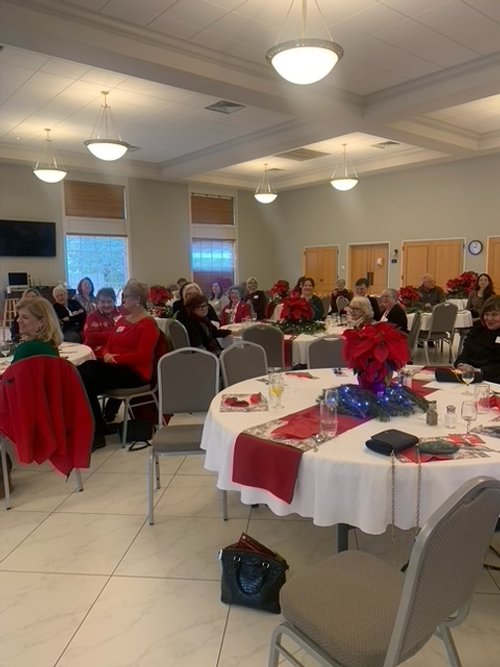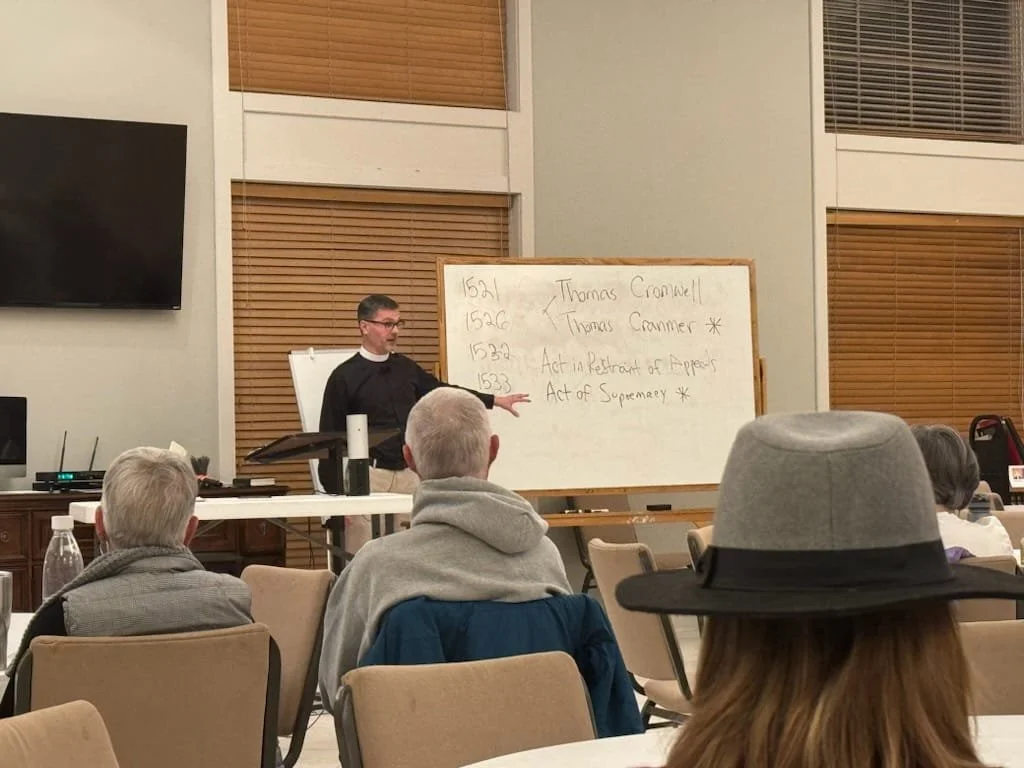Guest writer and artist: Ken Fellows
Over a lifetime, a number of human encounters occur. Some are brief and inconsequential, others intense, fulfilling, and enduring. Some special friendships thrive and compound like invested assets …and then, like investments, slip away from neglect, gaffe, or misfortune. In my 80s now, I often reflect on old friendships as having three stages, much like funds in a bank account: successive periods of accumulation, interest-bearing, and withdrawal.
Accumulation: The longest enduring friendships of my life began in my 20s after I became a physician and married. Some were friends from medical school in Michigan –one was a classmate, Dr. Bill G. (convivial med-student turned cardiac physician/researcher), and his family endured as friends and neighbors in Boston for 30 years. Several buddies arose from an intense internship in Oregon, where our mutual dependence was fostered by a year of being on-call every other night. My internship partner from those days was Dr. John W. A year later, we were conscripted into the US Navy together. We then attended each other’s weddings. Despite John’s life far from me in California, he and I have corresponded and visited for 60 years.
As an academic physician for 32 years in Boston and Philadelphia, I came to know many intelligent, stimulating, and fascinating individuals. Roy S., a fellow pediatric radiologist with me at Boston Children’s Hospital, was like a brother for six decades. Similarly, academic medical and personal family connections with colleague Dr. Bob L., humorous, Irish-bred cardiologist Barry K., and revered pathologists Richard and Stella V.P. have long endured.
Teaching and lecturing at hospitals at medical gatherings occasionally arose for me across the USA. I also served as a visiting physician at university hospitals in Germany, Switzerland, India, China, and Australia. In many of those visits, I made new friendships and revisited colleagues with whom I had previously worked in Boston and Philadelphia.
Another group of friends are the neighbors we’ve gained over many years of owning a retirement home in Kittery, Maine. My association with town committees, local organizations (particularly the Kittery Land Trust and local York Hospital), and public gatherings (for memoir writing, watercolor painting, and book groups) have provided numbers of other good friends. In two instances, particularly close bonds began and still exist between two neighboring Kittery Point families, the Rowans and the Meads. With them, we’ve intimately shared all of life’s momentous events, from births and adoptions to illnesses and deaths.
Compounding Interest: Our bonds of local, national, and international friendships have been maintained and grown through recurrent family visits, reunions at domestic and foreign medical meetings, and recurring exchanges of home visits with families throughout the US and other countries.
Not only have the adults remained committed friends, but our children have stayed in contact, often as good chums, with the children of the other families. A poignant example occurred when our oldest son, Ian, died at 37. His life-long friend, Michel W., a professional European musician, traveled from Switzerland to play a violin tribute at Ian’s memorial service. They had been buddies for nearly 40 years since our young families bonded in Boston. Another intimate connection was made back then with another Swiss, Dr. Christian F. He, his wife Catherine, and my wife Kristin and I have spent delightful times vacationing together in Basel, assorted French cities, and here in Kittery. Memorable effects of our diverse friendships are also the summer visitations spent with us by the children of friends … young Debra from Utah, teen Olivier from France, and Rafael (aka “el dormido”.. because he mostly slept) from Spain. How fortunate we’ve been…. this building of extended family alliances which have fostered mutual personal enrichment and fond memories.
Withdrawal: The demise of good friends is a sad and inevitable part of old age. Sometimes, the individuals survive, but it’s the friendship that dies. The unceasing and progressive loss of friends and loved ones is depressing. While these personal losses may be considered analogous to the withdrawal of capital from one’s bank accounts, the psychological effects are largely incomparable.
Naturally, the frequency of my friends’ deaths is accelerating. My closest chums from medical school and internship some 60 years ago are mostly gone. Of my many colleagues from Boston, only two still survive, both considerably infirmed. Here in our Kittery retirement, there have been losses, too. Of 7 senior men who began meeting monthly for coffee and conversation 20 years ago, only one remains, and replacement candidates are scarce.
It is possible that one can eventually become inured to the deaths of friends and loved ones, but not easily. I’m working on ‘forbearing resignation.’ In my most reflective moments, I assuage my discomfort with this quote from writer Robert Reich:
“You only have a certain number of old friends. A limited number have told you about their marriages, their kids, and their hopes and frustration … and you have done the same with them. As they age and as you age, you have gone through changes together. It’s these cumulative understandings that give integrity and meaning to strong friendships. Old friends are irreplaceable. When they pass, a piece of you passes.”







